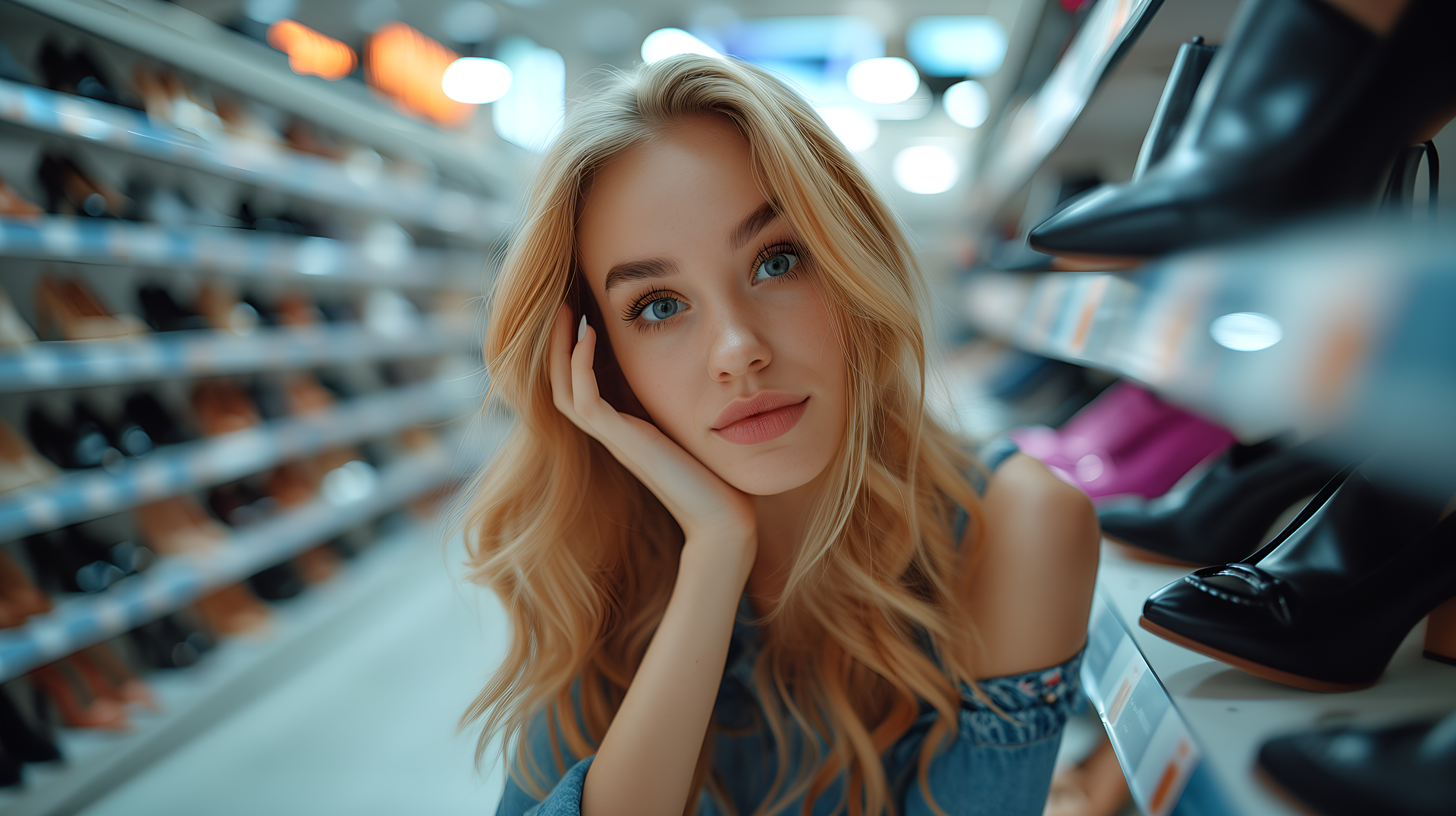The Art of Natural Makeup: A Timeless Beauty Trend
Makeup has long been an integral part of human culture, with its roots reaching back into the earliest civilizations. The ancient Egyptians used makeup for both aesthetic and religious purposes, while the Greeks and Romans considered beauty and grooming an essential part of their daily routines. Today, makeup continues to be a powerful tool for self-expression and creativity. However, with the increasing emphasis on natural beauty and sustainability, the art of natural makeup has steadily gained popularity. This beauty trend, which focuses on enhancing one's inherent features rather than masking them, is a testament to the evolving beauty norms and the growing appreciation for individuality and authenticity.
The Rise of the Natural Look
The natural makeup look, also known as the “no makeup” makeup, has been a recurring theme throughout the history of beauty. In the 18th century, the French queen Marie Antoinette was known for her love of natural beauty, often opting for a barely-there makeup look. The 1960s saw the rise of the hippie counterculture, which favored a more natural, free-spirited aesthetic. Today, the natural makeup trend continues to thrive, fueled by the broader societal shift towards sustainability and wellness.
In recent years, with the rise of social media and the proliferation of beauty influencers, the natural look has become increasingly popular. More and more people are embracing this trend, drawn to its promise of enhancing one’s natural beauty while promoting skin health and sustainability.
The Impact of the Natural Beauty Trend
The natural beauty trend has had a profound impact not only on individual beauty routines but also on the broader beauty industry. Many brands, both established and emerging, have launched product lines specifically designed to create the perfect natural look. These products, which often feature clean, organic ingredients, promise to enhance one’s natural beauty while nourishing the skin.
The trend has also influenced the marketing strategies of beauty brands. Traditional beauty advertising often featured heavily made-up models, projecting an image of beauty that was arguably unattainable for the average person. Today, however, many brands are opting for a more realistic, relatable approach, showcasing models with minimal makeup and highlighting their natural beauty.
The Reception of Natural Makeup
The natural makeup trend has been well-received by consumers, who appreciate its emphasis on authenticity and individuality. Many people find the idea of enhancing their natural features, rather than hiding or altering them, empowering. It’s a trend that promotes self-acceptance and self-love, values that resonate strongly with today’s consumers.
However, like any trend, the natural makeup look isn’t without its critics. Some argue that it sets a new, equally unrealistic beauty standard, as it requires flawless, blemish-free skin to pull off successfully. Others point out that it’s simply another marketing ploy by the beauty industry to sell more products.
A Timeless Beauty Trend
Despite these criticisms, the natural makeup trend shows no signs of fading. If anything, it’s becoming more ingrained in our beauty culture. The trend resonates with the growing consumer desire for authenticity, transparency, and sustainability. It’s a trend that celebrates individuality and natural beauty, values that are likely to remain relevant in the years to come.
Moreover, the art of natural makeup offers a unique opportunity for creativity and self-expression. It’s about finding the perfect balance between enhancing one’s natural beauty and maintaining a sense of authenticity. It’s a testament to the evolving beauty norms and the growing appreciation for individuality and authenticity.
In conclusion, the natural makeup trend is more than just a passing fad. It’s a reflection of our changing beauty ideals and our growing consciousness about the impact of our beauty routines on our health and the environment. And as we continue to navigate the complexities of modern life, it’s likely that we will continue to seek beauty solutions that are not only effective but also aligned with our values and beliefs.







